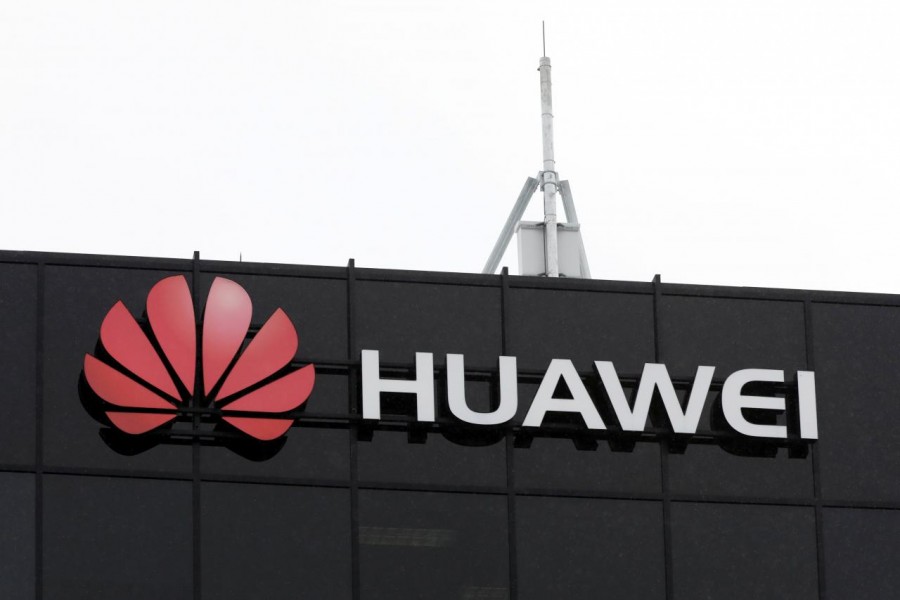US finance media Bloomberg reported Tuesday that Washington's plan to blacklist Huawei "had been on the table for months," but was postponed "out of concern the move could disrupt trade negotiations with China." The decision to curtail Huawei's access to American suppliers "unfolded quickly once trade talks broke down," but "touched off a massive disruption in technology supply chains, hitting some of the biggest component-makers." Thus the US Commerce Department "granted 90 days of relief for certain US broadband companies using Huawei equipment," raising questions with officials about whether the White House could "scrap the order for the sake of the broader trade negotiations."
In the long term, Washington hates to see a Chinese company leading 5G network technology and hence is using utmost effort to crack down on Huawei worldwide. In the short run, Washington plans to use Huawei as a bargaining chip, forcing China to compromise in trade talks and eroding China's will to stick to its principles.
US right-wing political elites will never accept any non-US enterprises as a leader of major cutting-edge technologies. Even if 5G technology was led by European or Japanese companies, they might place obstacles in the way. Huawei founder and CEO Ren Zhengfei said Tuesday that his team had already foreseen a clash with the US. It is Huawei's destiny to contend with a certain kind of hegemonic thinking inside the US.
If Huawei wants to be an unchallengeable global leader in telecommunications technology, it must overcome all barriers created by the US power advantage. The Washington Post interpreted Ren's Tuesday interview as turning up his nose at US moves to block Huawei from business around the globe. What happened recently shows that Huawei was prepared for thorns on its way to the mountaintop. The company has been waiting for a US supply ban. It will not work for the US to use Huawei as a tool to crack down on China. How can the US intimidate China if it can't even crush a Chinese company? As a big country, China has more room for maneuver than an enterprise and thus has more reason to look down on US threats.
Merely one week after adding Huawei to its "Entity List," the US Department of Commerce announced in a hurry a 90-day license to loosen that restriction. The Chinese people believe that the decision was a result of US enterprises' losses and stocks falling with the bans. The US stock market rebounded after exemptions on Huawei products were issued. The US market is thirsting for every piece of positive information about China-US economic and trade ties. The US has to reassure the market while flaunting its superiority. We have seen the true nature of the US: strong in appearance but weak in reality.
The US will hurt itself almost as much as it hurts China in the trade war. Such common sense will inevitably outweigh certain politicians' bragging that raising tariffs on Chinese products has boosted the US prosperity. Confronting the trade war, Chinese society is increasingly experienced and calm. Memories are being activated of the Chinese nation's major historical challenges.
Chinese people do not know whether we should call US approaches hegemonic politics or profiteering politics. But in short, they are crooked means. The threat of tariffs will not work. Neither will US threats against Chinese companies create a shock wave against China. The US is picking a wrong opponent at a wrong time. It will find no way of crafting a good result from a strategic mistake.


